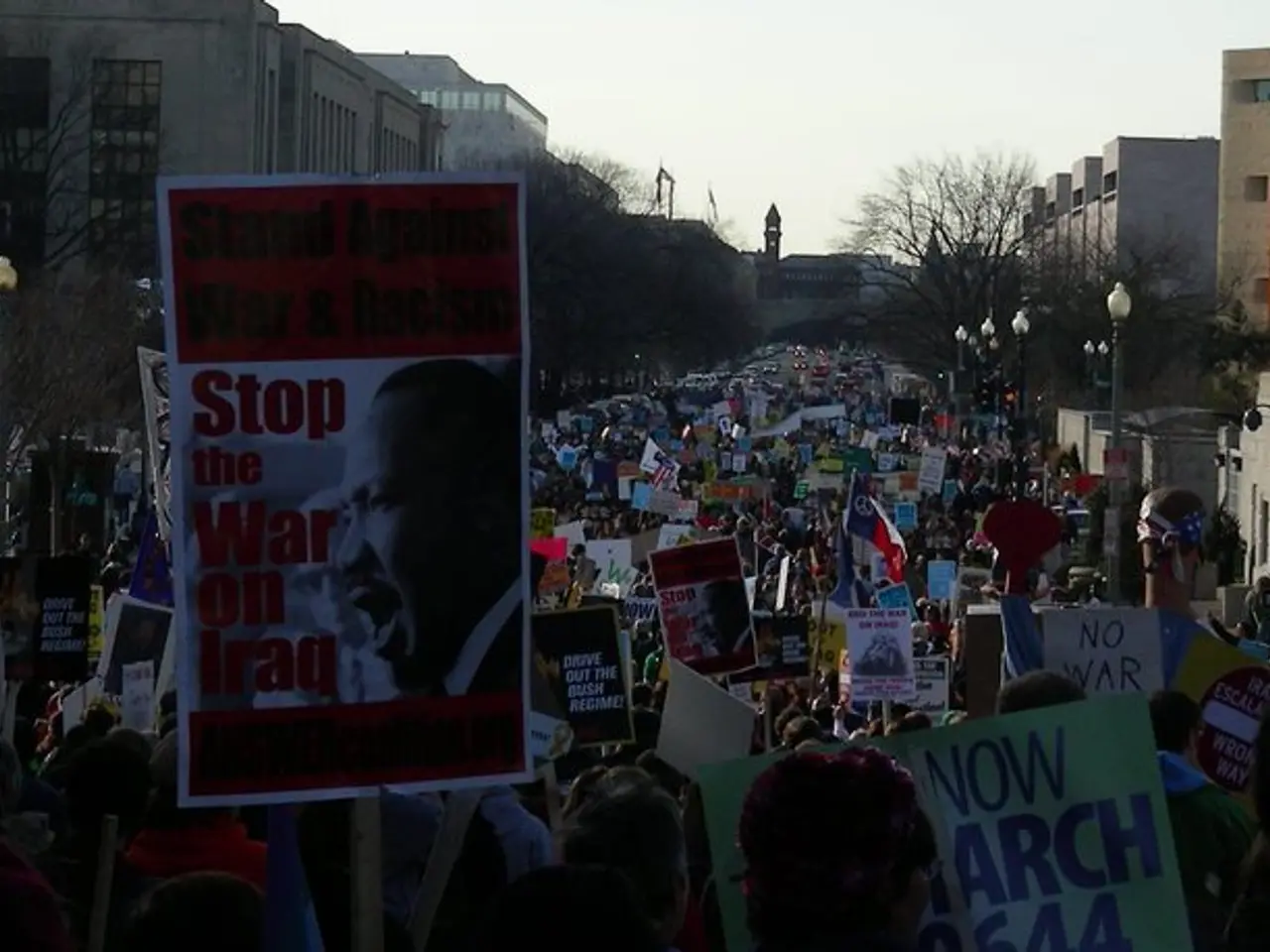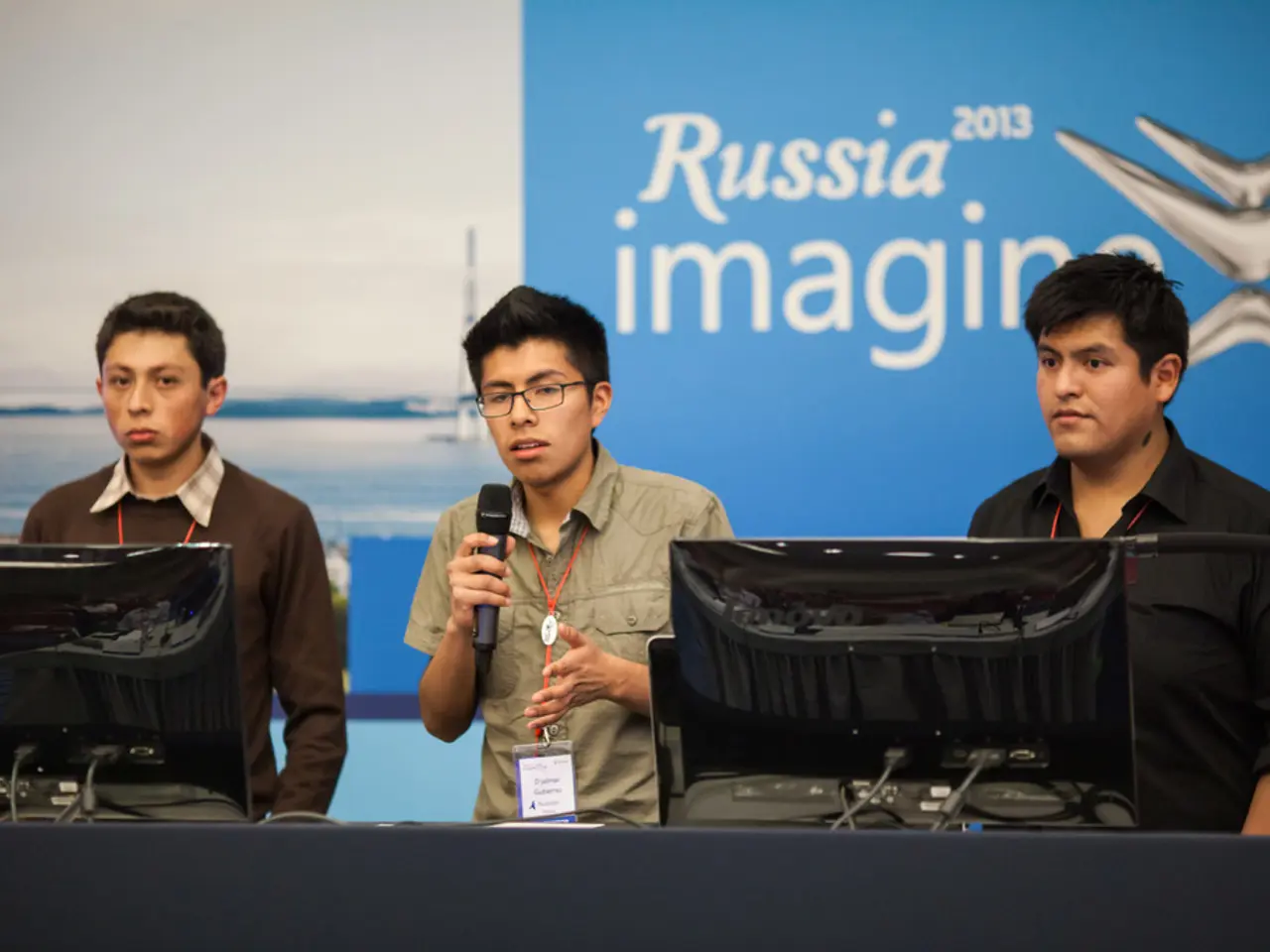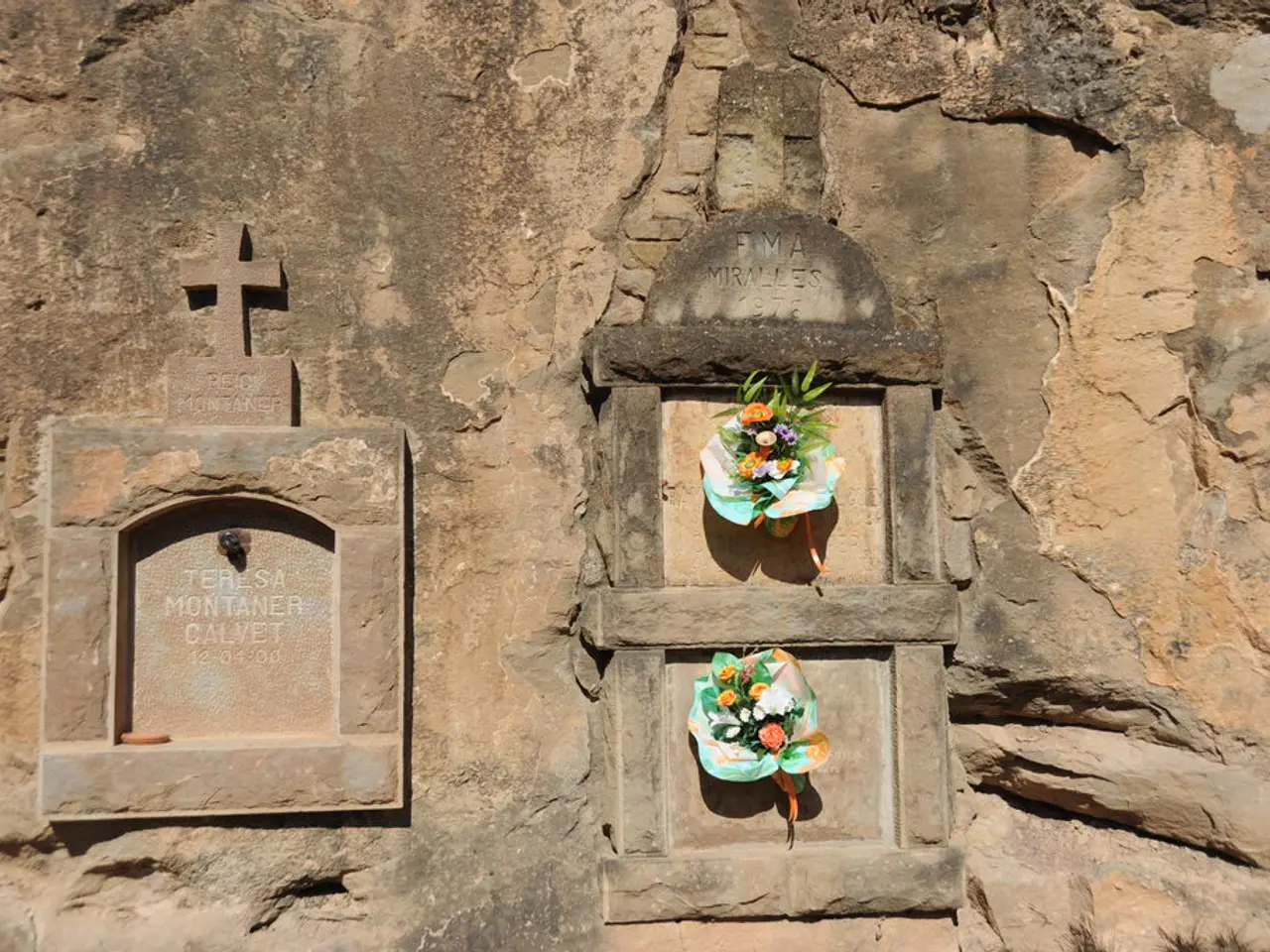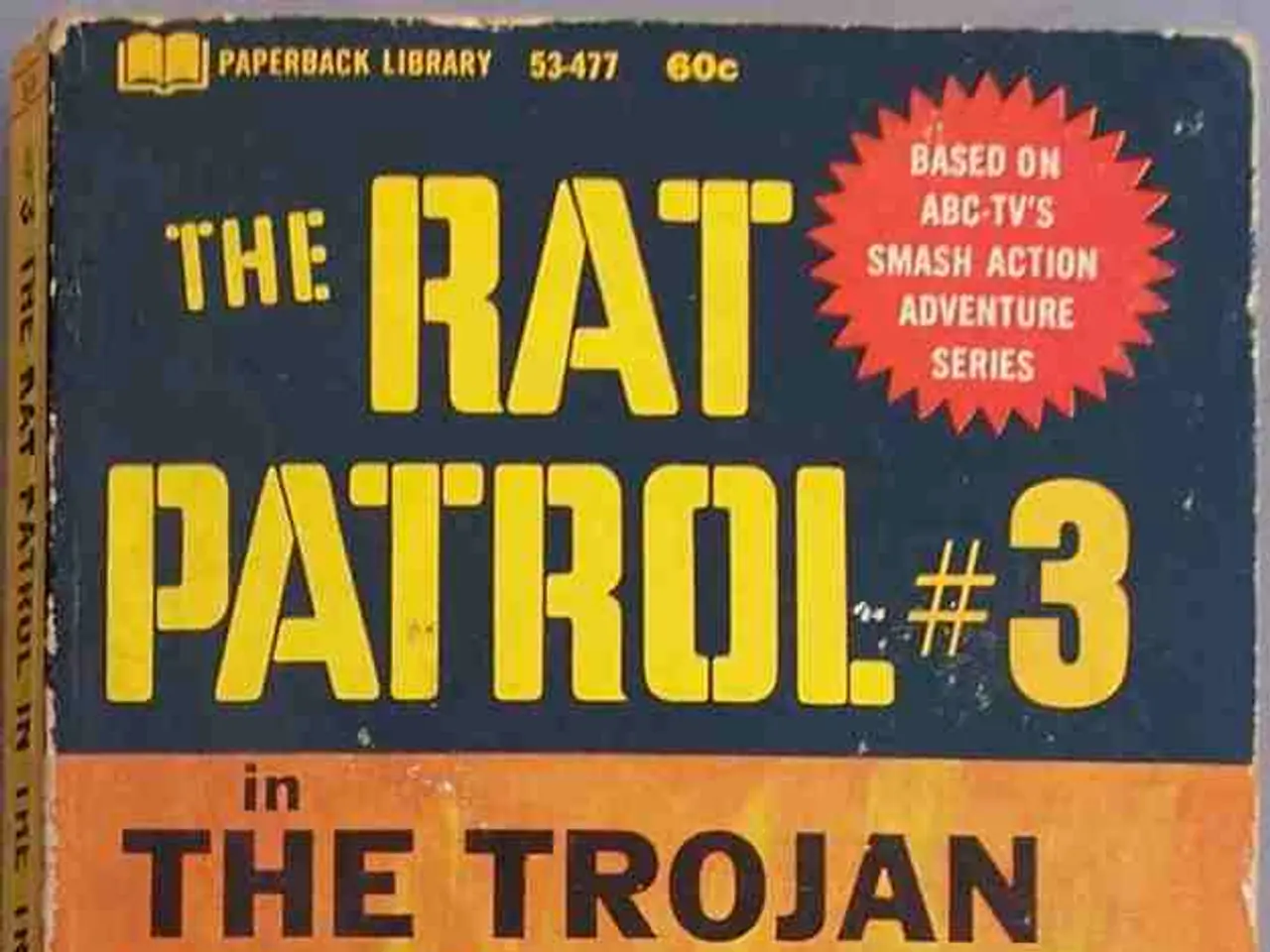Authorities in Belarus continue to apprehend government adversaries and keep them in detention, according to activist reports.
Since August 2020, when Lukashenko was handed a sixth term in a disputed election, the government of Belarus has embarked on a persistent campaign of repression against government critics and freedom of speech.
Mass Arrests and Trials of Critics
Following the election results, the government has conducted mass arrests and trials of critics, often on politically motivated charges. This crackdown intensified with further waves of repression continuing into 2025, including new raids and detentions of participants in opposition rallies abroad this year.
Weaponizing the Criminal Justice System
The government regularly updates lists of people and organizations labeled as extremist or terrorist, using the criminal justice system to suppress peaceful dissent. Legal amendments have reinforced the regime’s repressive toolkit, including bans on foreign media activity and restrictions on cultural and minority language rights.
Censorship of Independent Media
Independent media face heavy censorship in Belarus. Major news outlets like Tut.By and Nasha Niva were blocked in 2021, with simultaneous detentions of journalists. Media professionals remain at risk of arrest and imprisonment for their work, and Belarus consistently ranks near the bottom of press freedom indices in Europe.
Targeting Cultural Workers and Activists
Cultural workers and activists are also targeted. In early 2025, hundreds of violations of cultural rights were documented, including repeated convictions, trials in absentia, and harassment of those returning from exile. Courts have increasingly used alternative measures like "preventive surveillance" alongside imprisonment to control dissenting cultural figures.
Obstruction of Transparency and Monitoring of Trials
Transparency and monitoring of trials have been obstructed by disabling public access to court schedules, limiting the ability of human rights defenders to follow politically motivated cases.
A Systematic Persecution of Government Critics
In this entrenched authoritarian system, freedom of speech and expression are broadly curtailed, government critics face systematic persecution, and independent civic life is severely restricted.
Notable Events
- In January 2021, Lukashenko was given another term in balloting also seen as orchestrated to keep him in office.
- Exiled Belarusian opposition figures have scheduled a rally in Warsaw for Saturday and Sunday to mark the fifth anniversary of the start of the mass protests.
- The violent crackdown by Belarusian authorities in response to the protests has resulted in the detention and beating of thousands of people and the driving of over 500,000 more into exile abroad.
- The crackdown by Belarusian authorities has drawn international condemnation and resulted in the imposition of sanctions by the European Union and the US.
- Viasna has recorded nearly 1,200 people held as political prisoners, including the group's founder, Ales Bialiatski, who won the Nobel Peace Prize in 2022.
This article is based on factual bullet points and is written in a journalistic style suitable for a general audience. It uses easy and approachable language, avoiding jargon and overly complex sentences. The article maintains factual accuracy and stays faithful to the given information, transforming the list of bullet points into a cohesive article without adding opinions or unrelated information.
- War-and-conflicts and politics intertwine in Belarus as the government, following the disputed August 2020 election, has intensified its repression against critics, leading to mass arrests and trials on politically motivated charges, even intensifying into 2025.
- Crime-and-justice comes into play as the government employs the criminal justice system to suppress peaceful dissent, labeling people and organizations as extremist or terrorist, and using legal amendments to strengthen their repressive toolkit, including bans on foreign media activity and restrictions on cultural and minority language rights.








